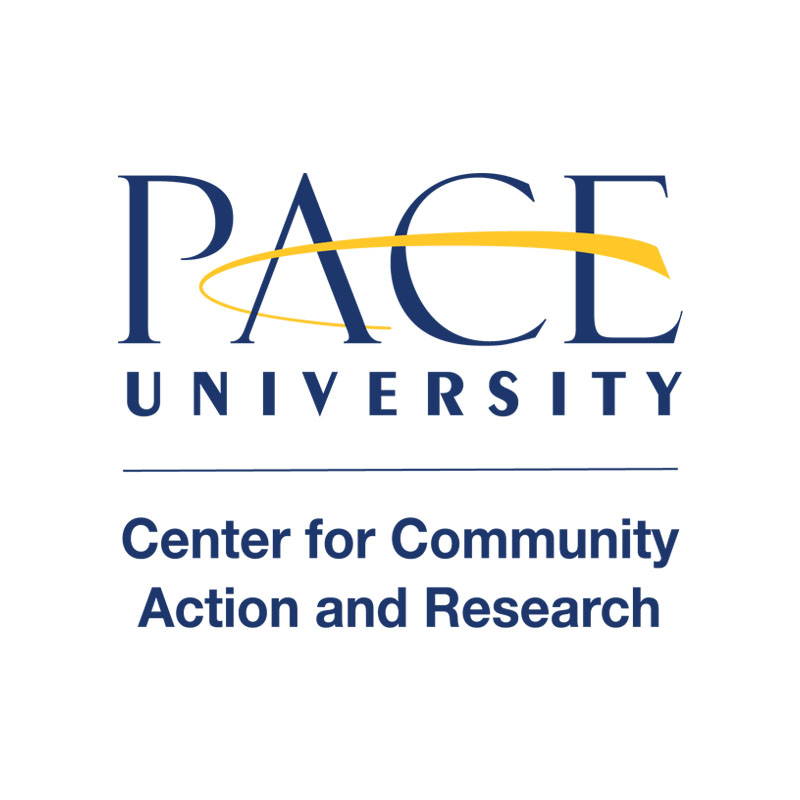Take Action! for Justice: Convocation 2013
This year’s convocation theme is justice – but what is justice, and how do service and civic engagement fit in to creating a more just world?
Justice can be defined as:
The maintenance of the equitable distribution of those resources necessary to ensure happiness, rights, and a ‘good society.’ There are different conceptions of what constitutes ‘justice,’ but they all have in common the claim that justice is a value, and ought to be sought for a good society.
Volunteers dedicate time and effort, valuable resources in and of themselves, to making sure that everyone has access to necessary resources and happiness, while advocates work to ensure that everyone’s rights are fully and equally protected. Volunteering and civic engagement are both critical to working toward a better and more just society, and they are two of the most important ways in which all citizens can contribute.
Through exploring topics like hydrofracking, domestic violence awareness, and hunger, we hope to give you a better idea of the many kinds of issues that fall under the broad category of “justice,” and give you the tools to make a difference in supporting the justice you believe in.
See you at Convocation!
Topics:
- Domestic Violence Awareness
- Financial Aid
- Hydrofracking
- GMOs
- NYC Carriage Horses
- Hunger in New York
- Russian Olympics (LGBTQA)
- Voter Registration
- Organ Donation
- Food You Campaign
Domestic Violence Awareness
At least one in every three women has been beaten, coerced into sex, or otherwise abused during her lifetime. Every 2 minutes, someone in the US is sexually assaulted. One in four girls and one in six boys are sexually assaulted before age 18. On college campuses, one in six college women have been raped or have been the victim of an attempted rape during the past year. Just 5% of these undergraduate women reported their sexual assault to the police. Learn more.
Financial Aid
On July 1st, 2013, interest rates for student loans doubled from 3.4% to 6.8% for students who take out unsubsidized Stafford loans beginning in the 2013-2014 academic year, making it more expensive for students and parents to pay for college in the long run. Learn more.
GM Foods
Genetically modified foods (GM foods) are crops that have been genetically engineered to produce a certain trait, such as resistance to cold or pesticides, which would not be possible naturally. In recent years, there has been a strong push for the labeling of foods that contain genetically modified products, especially because 88% of corn and 94% of soy grown in the U.S. are genetically modified, but do not have to be labeled as such. Learn more.
Hydrofracking
Hydraulic fracturing, or “hydrofracking”, is a process through which natural gases are forced out of underground rock using chemicals. Though supporters of hydrofracking see it as a cheaper way to source natural gases (as well as create jobs in New York State), environmentalists are concerned with how this process affects toxicity levels in the surrounding land, water, and air. Learn more.
NYC Carriage Horses
Animal rights activists in New York City have developed a long history of working to ban the practice of using horse-drawn carriages as a tourist attraction. These activists claim that working long hours every day pulling carriages through crowded city streets is unnatural and abusive to the horses, while carriage organizations argue that the horses are treated well and that the claims of abuse by activists are unfounded. Learn more.
Hunger in New York
More than 46 million Americans — including 1.8 million New York City residents — rely on food stamps (SNAP) to keep food on the table; in Westchester County, an estimated 200,000 residents are hungry or at-risk of hunger. In both areas, women, children, the elderly, people with disabilities, and the working poor are especially at risk. On July 11th, the House of Representatives approved a Farm Bill which excluded SNAP benefits entirely, which may result in billions of dollars in cuts from the program. Learn more.
Russian Olympics (LGBTQA)
The Russian government has recently enacted a law which bans “propaganda” regarding “nontraditional” sexual orientations with fines, jail time, and even deportation. With the 2014 Olympics in Sochi, Russia rapidly approaching, these new laws pose a threat LGBT athletes (and fans) who intend to attend the Games. Learn more.
Voter Registration
Registering to vote is a simple and powerful way to advocate for causes, as well as the elected officials who have the ability to make change happen on the state and national level. US citizens aged 18 and older may register to vote by filling out the form distributed by their state. Learn more.
Organ Donation
Organ or tissue donation provides a second chance at life for thousands of individuals suffering from organ disease or failure. Though there are a few exceptions (donors must be free of HIV, active cancer, or a systemic infection), almost anyone can become a donor – regardless of age or ethnicity. Families whose loved ones provide organs after their death are often comforted in the fact that a part of their loved one is living on and helping another person. There is no cost to the donor’s family for organ or tissue donation, and all major US religions support donation as a final act of love and generosity toward others. Learn more.
Food You Campaign
Food has always been a bridge between people and their environment. Today, our food choices are not only influenced by our region, personal budgets, and culture but also international trade agreements, government subsidies and regulations, and climate change. It’s important that we know how our food choices affect people and the planet. Learn more.





